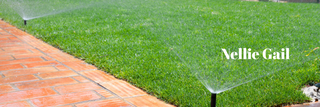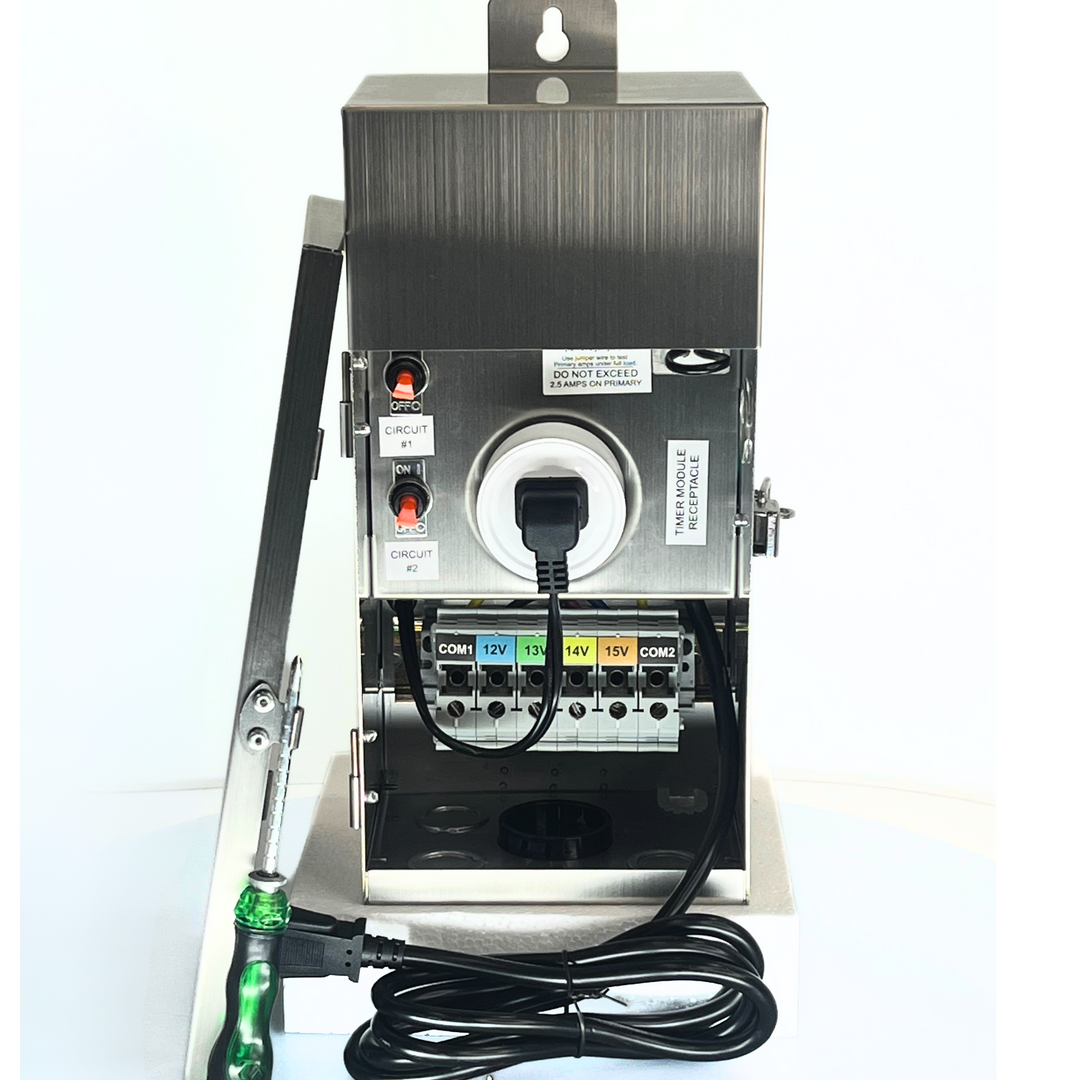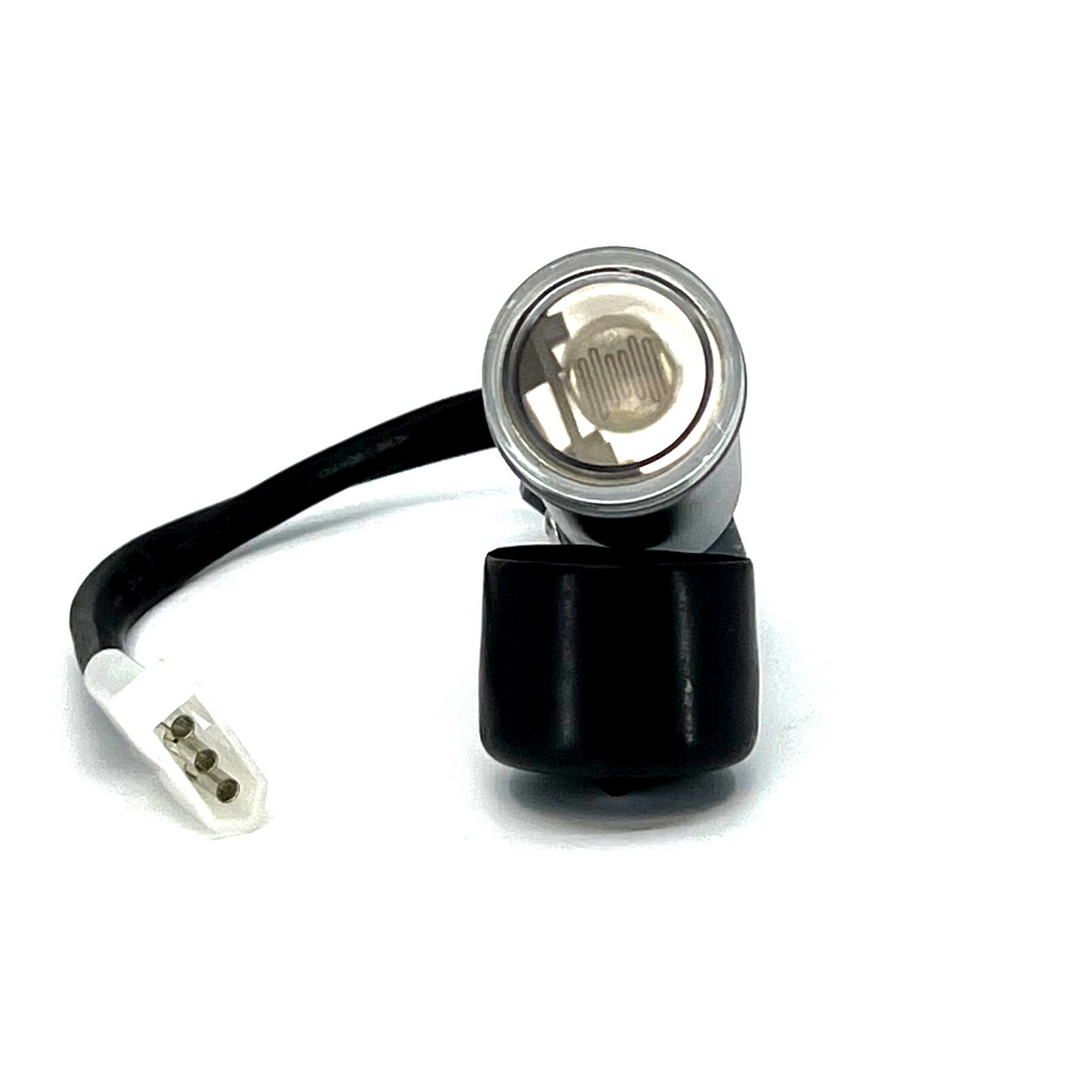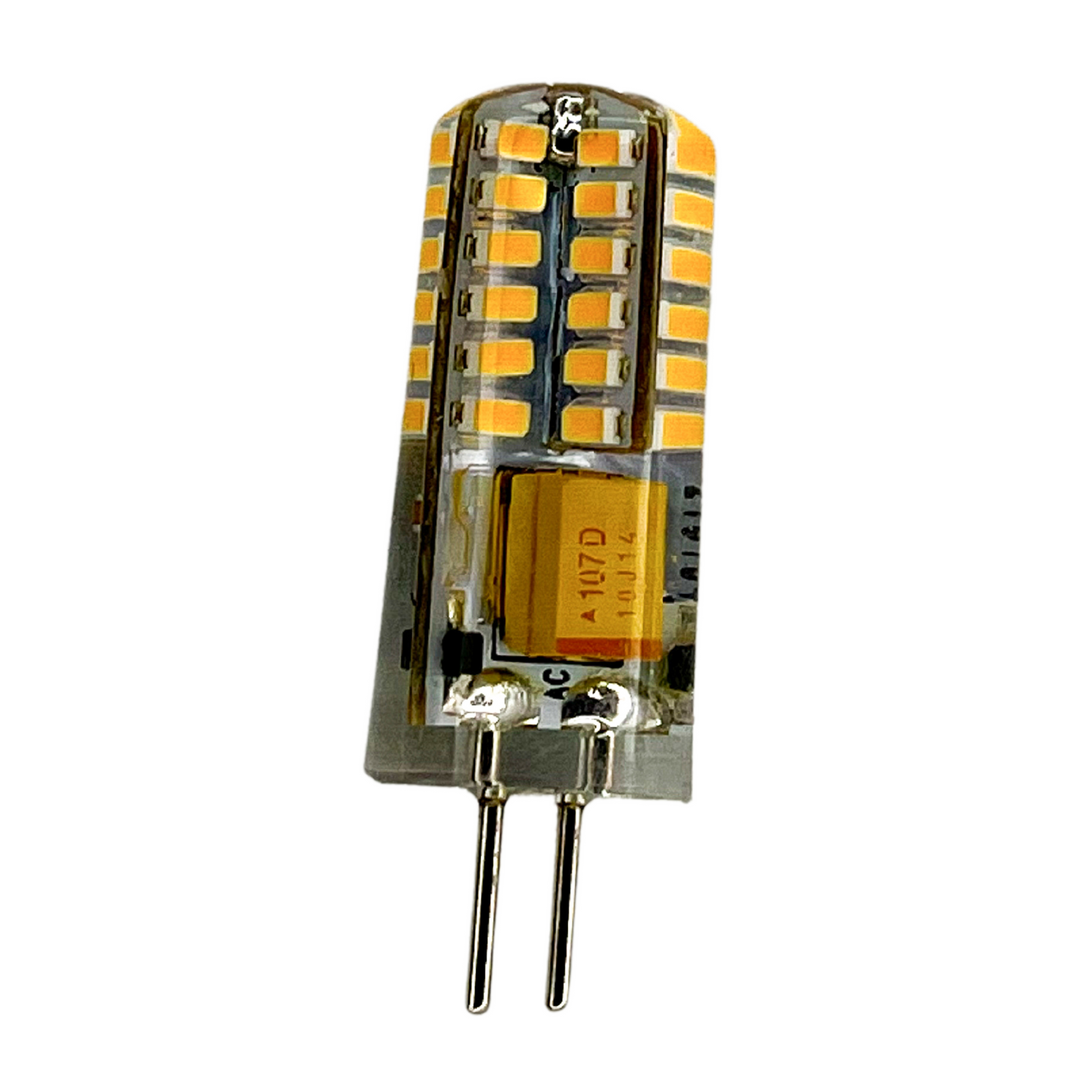
H2O Hero: Repairing Your In-Ground Sprinkler System with Style
|
|
Time to read 6 min
Maintaining an efficient and functional in-ground sprinkler system is crucial for homeowners aiming to keep their lawns lush and vibrant. These systems, while highly effective in automating lawn care, can encounter a range of issues that can disrupt their operation, leading to potential lawn damage and increased water bills. This comprehensive guide delves into the intricacies of in-ground sprinkler system repair, offering a deep dive into common problems, maintenance tips, and the decision-making process regarding DIY repairs versus professional intervention.
In Ground Sprinkler: Understanding Your Sprinkler System
An in-ground sprinkler system consists of several key components, each playing a pivotal role in its operation. The backflow preventer ensures water flows in one direction, preventing contamination. Valve boxes protect control valves from external elements, while controllers manage watering schedules. Sprinkler heads distribute water across the lawn, and manifolds, pipes, pumps, solenoids, and valves work together to regulate water flow and pressure.
• Back-flow Preventer: This device prevents contaminated water from flowing back into the clean water supply, ensuring your household water remains safe to use.
• Valve Boxes: These enclosures protect the system's valves from the elements and potential damage, housing the mechanisms that control water flow to different zones of your lawn.
• Controllers: The brain of the sprinkler system, controllers allow homeowners to set watering schedules, durations, and even adjust for weather changes, ensuring efficient water use.
• Sprinkler Heads: These are the most visible part of the system, popping up to distribute water across the lawn and retracting when not in use to avoid damage from lawn mowers or foot traffic.
Understanding these components and their functions is the first step in diagnosing and addressing any issues that may arise, ensuring your system remains in top working order.
Common Sprinkler System Repairs
Sprinkler Heads
Clogged or damaged sprinkler heads are a frequent issue, often resulting from sediment build-up or physical damage. Symptoms include uneven spray patterns, leaks, or failure to pop up. Regular inspection and cleaning, or replacement of damaged heads, can restore proper function and ensure even water distribution across your lawn.
Valves and Solenoids
Valves, controlled by solenoids, regulate water flow to different lawn areas. Faulty valves can result in leaks or dry spots, while solenoid issues can disrupt electrical operation, leading to zones not turning on or off as scheduled. Replacing these components is often necessary to maintain system efficiency.
Pipes and Leaks
Underground leaks, typically from damaged pipes, can be challenging to diagnose but are indicated by soggy areas or unusually high water bills. These leaks require careful excavation and replacement of the damaged sections to prevent water waste and ensure uniform lawn irrigation.
Controllers and Wiring
Controller issues can range from simple programming errors to complete system failure. Wiring issues, meanwhile, can interrupt the communication between the controller and the valves. These electrical problems often necessitate professional diagnosis and repair to avoid further damage or safety hazards.
Seasonal Maintenance Tips
To prevent common issues, seasonal maintenance is key. This includes adjusting settings for weather changes, inspecting for leaks or damage, and winterizing the system to prevent freeze damage. Regular checks can extend the life of the system and ensure it operates efficiently. This includes:
• Spring Inspection: Check the system for damage or leaks, clean sprinkler heads, and adjust controller settings for the growing season.
• Mid-Season Check-up: During peak summer months, inspect the system for any emerging issues and adjust watering schedules as necessary to account for increased evaporation rates.
• Winterization: In colder climates, it's crucial to drain the system before the first freeze to prevent pipe damage. This process, known as winterization, involves expelling all water from the pipes, valves, and sprinkler heads to avoid freezing and cracking.
Adhering to these maintenance tips can significantly extend the lifespan of your sprinkler system and ensure it operates efficiently, saving water and maintaining a healthy lawn.
DIY vs. Professional Repairs
While some sprinkler system issues, such as cleaning or replacing sprinkler heads, can be manageable DIY projects, more complex problems require professional expertise. Professionals bring a level of diagnostic capability and experience to the table that can prevent misdiagnoses and further damage. For significant issues, especially those involving deep-rooted pipes or electrical components, seeking professional help is a prudent decision.
Frequently Asked Questions
Before we conclude, here are some additional questions you might have about maintaining and repairing your in-ground sprinkler system, along with detailed answers to help you manage your system more effectively.
How often should I inspect my in-ground sprinkler system for issues?
It's advisable to inspect your sprinkler system at least twice a year, ideally during spring before the peak watering season begins and in fall when preparing the system for winter. Regular checks can help identify potential issues early, such as leaks, clogged heads, or wiring problems, preventing more significant problems later.
Can I repair my sprinkler system myself, or should I hire a professional?
Minor repairs like cleaning or replacing sprinkler heads can often be done DIY with basic tools and knowledge. However, for more complex issues, especially those involving electrical components or underground piping, it's recommended to hire a professional. Professionals have the expertise to diagnose and fix problems accurately, ensuring your system operates efficiently and safely.
What is the most common issue with in-ground sprinkler systems?
One of the most common issues is clogged or damaged sprinkler heads, which can disrupt the water distribution pattern and affect lawn coverage. Regular cleaning and inspection can prevent these issues, ensuring your sprinkler heads function correctly.
How can I prevent pipes in my sprinkler system from freezing in winter?
To prevent freezing, it's crucial to winterize your sprinkler system by draining all the water from the pipes, valves, and sprinkler heads before the first freeze. You can use manual, automatic, or blow-out methods for draining. This process helps prevent pipe bursts due to expanding ice.
What should I do if I notice a significant increase in my water bill?
A sudden increase in your water bill could indicate a leak in your sprinkler system. Check for wet spots, soggy areas, or uneven grass growth in your lawn, which can signal a leak. Inspecting and repairing leaks promptly can help reduce water wastage and restore system efficiency.
Is it necessary to adjust my sprinkler system settings regularly?
Yes, adjusting your sprinkler system settings according to the season, weather conditions, and specific watering needs of your lawn is essential for efficient water use. Regular adjustments can help avoid over or under-watering, promoting a healthier lawn and conserving water.
These FAQs provide additional insights into maintaining and troubleshooting your in-ground sprinkler system, ensuring it operates effectively to maintain a healthy and vibrant lawn.
Practical tips or facts:
Here are three practical tips or facts about lawn care and gardening, inspired by the wisdom found in gardening quotes:
1. Gardening as a Partnership with Nature: Inspired by the idea that "Gardening is our humble attempt to meet nature halfway, a partnership where we sow and nature blooms," it's crucial to view lawn care and gardening as a cooperative effort with nature. This approach involves choosing plants that are native or well-suited to your area's climate, reducing the need for excessive watering or chemical interventions, and allowing your lawn and garden to thrive naturally.
2. The Therapeutic Value of Gardening: Echoing the sentiment that "Gardening adds years to your life and life to your years," investing time in your lawn and garden can have profound health benefits. Regular gardening activities can serve as physical exercise, reduce stress, and promote mental well-being. For those with an in-ground sprinkler system, ensuring it's properly maintained can make gardening more enjoyable and less of a chore, allowing you to focus on the joy of nurturing your plants.
3. The Enduring Love for Gardening: As Gertrude Jekyll once said, "The love of gardening is a seed once sown that never dies." This timeless passion for gardening can inspire us to adopt sustainable practices in lawn care, such as using organic fertilizers, practicing water conservation with efficient in-ground sprinkler systems, and fostering biodiversity in our gardens to support local wildlife.
Our Recommendation
Final Thoughts
An in-ground sprinkler system is an invaluable asset for maintaining a healthy lawn, but like any complex system, it requires regular maintenance and timely repairs. By understanding the system's components, common issues, and maintenance requirements, homeowners can take proactive steps to ensure their lawn remains well-irrigated and vibrant. Whether tackling minor issues DIY or enlisting professional help for more significant repairs, the key is prompt action to prevent larger problems down the line. Book Online Now to Get a FREE Quote!













